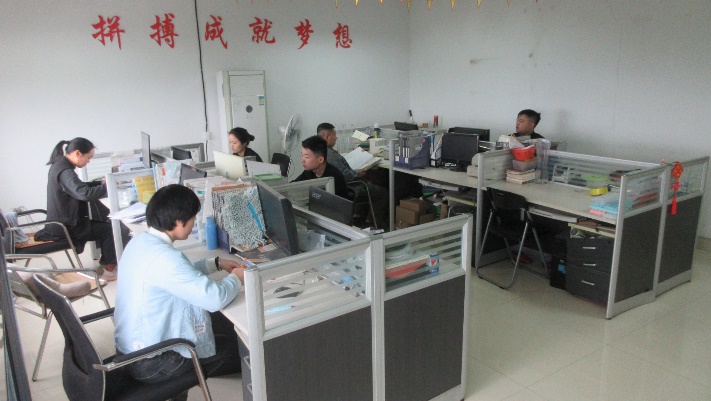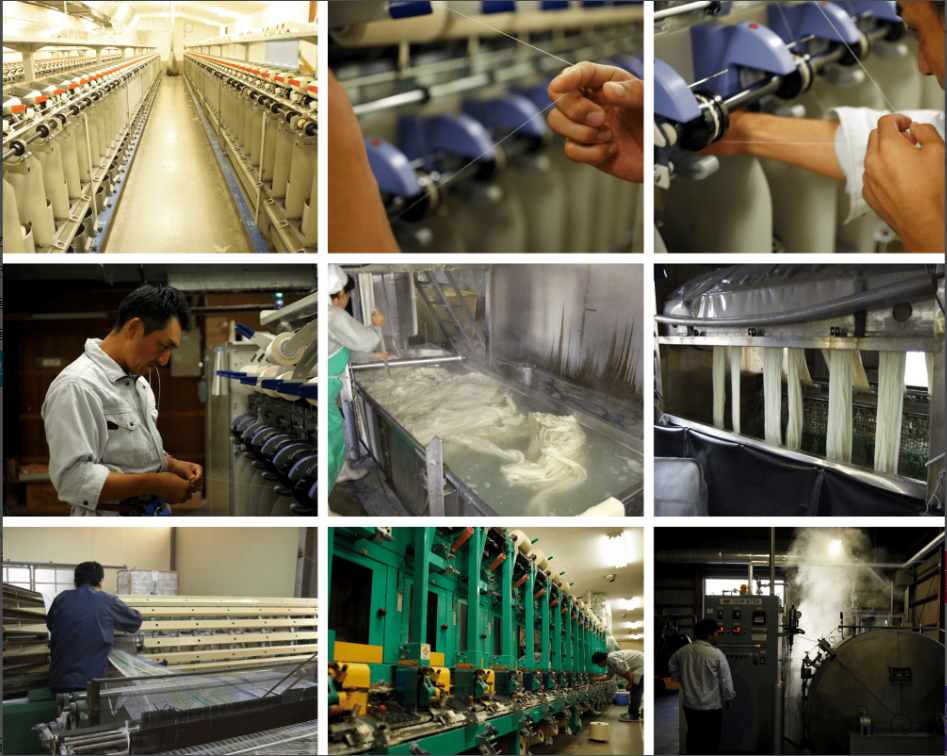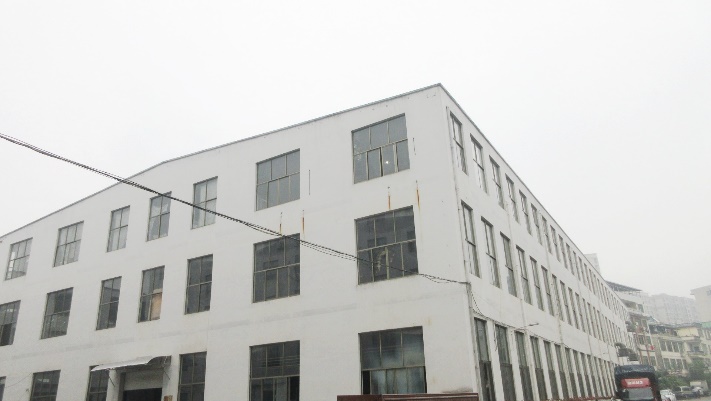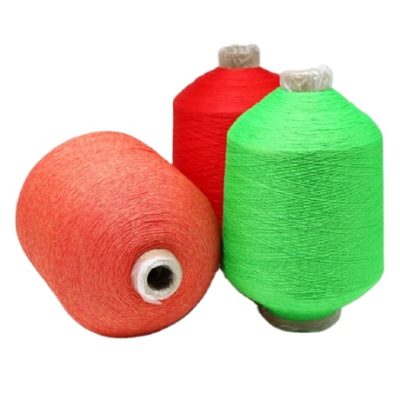
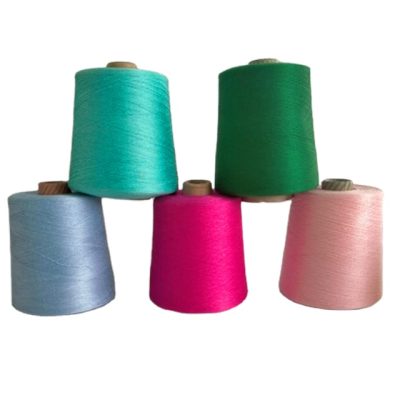
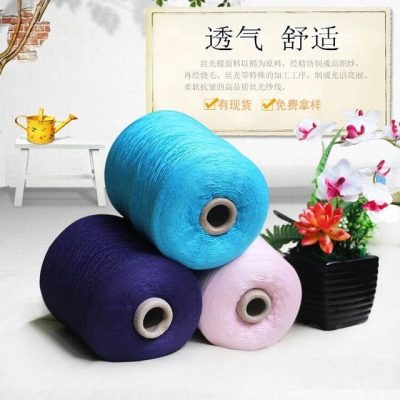
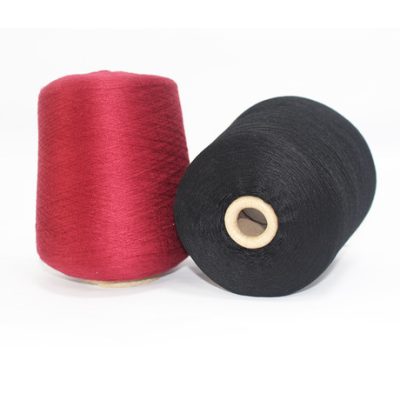
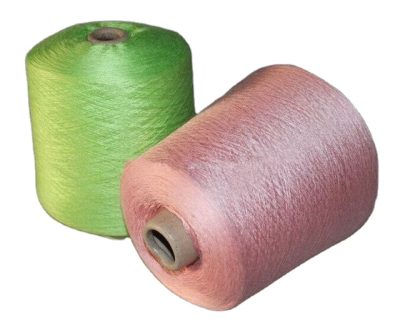
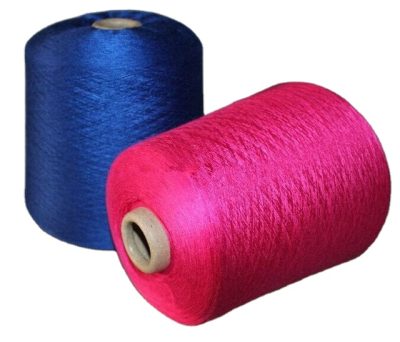
| Product Name | Viscose Yarn |
| Denier | 62D |
| Dtex | 62 |
| Tensity | >7.8 |
| Breaking Elongation | >20% |
| Oil content | 6+/-0.5 |
| Material | 100% polyester virgin yarn |
| Intermingle | NIM |
| MOQ | 2kg |
| Twist | S |
| Luster | Semi-dull |
| Colour | raw white |
| Usage | overlock,glove,socks,sweaters,sofa fabric,car seat fabric,towels,tablecloth,ribbon,tape,colthes fabric,weave label,underwear,sportswear,swimwear,home textile fabric,wall cloth,curtain fabric,mattess,etc. |
Viscose yarn is a kind of textile yarn, it is a kind of chemical fiber yarn. Its textile raw material is viscose fiber, which is what we know as regenerated cellulose fiber, that is, fiber extracted from natural plant fibers such as wood undergo chemical reaction. A kind of raw silk obtained by purification! Because these raw silks need to be bonded with the help of chemical adhesives, they are called viscose yarns!
Features of viscose yarn:
Viscose yarn is generally reprocessed from waste textile raw materials, such as wood chips, spinning noil, etc. Therefore, the cost of textile raw materials for viscose fiber is relatively low, because it is waste reuse!
Because the viscose yarn is glued together, there are very large gaps between the yarn fibers, so the fabric woven with viscose fiber has particularly good moisture absorption performance and good air permeability, and it is very comfortable to wear!
The appearance of viscose fiber is very beautiful, the hand feel can be compared with silk, and it is very easy to dye, and the color fastness is very good!
Of course, viscose yarns also have shortcomings. They have very poor anti-wrinkle performance and are easy to shrink.
